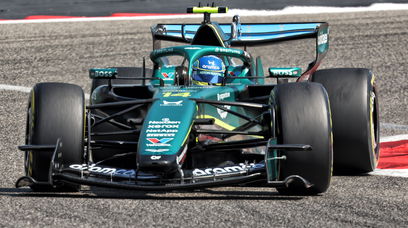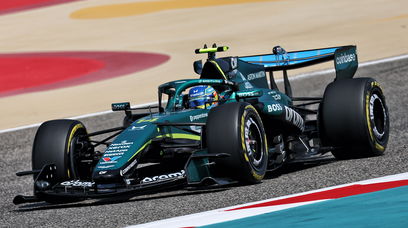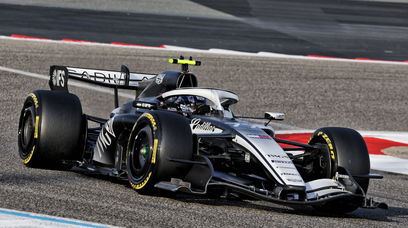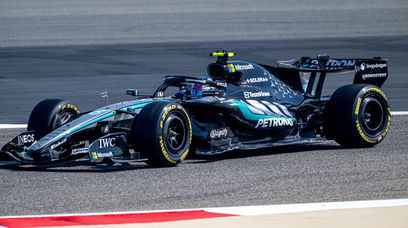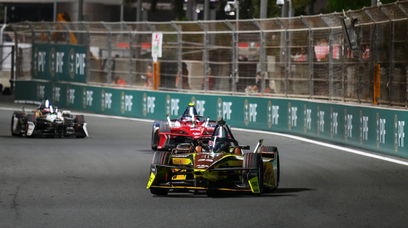One of the key topics during the Singapore Grand Prix this weekend will be flexi-wings - and the FIA's issuing of a technical directive to stop tricks teams have been playing. F1's governing body has issued TD018 to clampdown on flexi-wings, with flexible bodywork banned under the Technical Regulations which state that: 'All aerodynamic components or bodywork influencing the car’s aerodynamic performance must be rigidly secured and immobile." The FIA has looked at the designs and specifications of wings from teams to inspect whether flexing has been going on - and has banned certain ideas which it feels could be a potential breach of the rulebook. Such areas include using soft trailing edges to the wings that could allow them to flex at high-speed as well as rubber in certain areas to aid more deflection and improve performance, with the FIA's single-seater technical director explaining why the technical directive has been issued.
FIA chief explains
Speaking to Motorsport.com Italy, the FIA's Nikolas Tombazis explained how the clampdown was formed, including how 'mechanisms' have been identified as a source for concern. "In the F1 regulations we have many flexibility criteria: there are loads that we apply and a certain deflection is allowed," Tombazis explained. "There are static tests that we do to check, and it is obvious that these tests are never perfect because the direction of the [test] load you apply is always a bit different from the load that is on the track when it experiences genuine aerodynamic force. "There may be differences and for this reason, in the regulation there are some general and conceptual specifications that in essence, prohibit mechanisms. "For example, one could draw a wing that, when applying the forces of the FIA test, is fixed but when applying any other load, it could be more flexible. "For this reason, we have been clarifying for years that mechanisms are not legal and we have written several clarifications on what we consider a mechanism." Tombazis, who was previously head of single-seater technical matters at the FIA after stints at teams including Benetton, Ferrari and McLaren, also spoke of how rubber was being used to create banned mechanisms. "We have said in the past is that it's not acceptable when a component has relative motion against an adjacent element, sliding in a different direction [from it]," Tombazis explained. "What happened recently? Some teams have components adjacent to each other that have a fairly high movement but do not slide [in tandem] because these areas are covered with rubber material. "We do not consider this acceptable and, for this reason, we have made a clarification."
What do team bosses make of it?
Teams are largely confident that the technical directive has not been issued due to anything they are doing, with Ferrari boss Frederic Vasseur and McLaren's Andrea Stella having full confidence in the FIA. "By definition, a TD is a clarification of the regulation," Vasseur explained to media including RacingNews365. "It means that there was already a regulation in place and we have to trust the FIA that if they consider that they have to do the TD, it's probably that the regulation was not clear enough and we trust the FIA in this direction to do that. As for Stella, the McLaren chief added: "The FIA has a lot of information, they can see things that other teams can't see in terms of respecting cars. "So they are very competent. So we 100% trust their judgement and their approach and if they thought that it was the time to release a Technical Directive then it means that there is a reason for that. "We are not very concerned about that, to be honest, so we take the positive that if the FIA felt it was needed, it means that there is something to clamp down and for us I think is good news." Red Bull's Christian Horner also commented, saying: "It's not something that affects us. "We've seen a few rubbery nose boxes, shall we say, so we'll see those get addressed, I guess, in Singapore."
Most read

